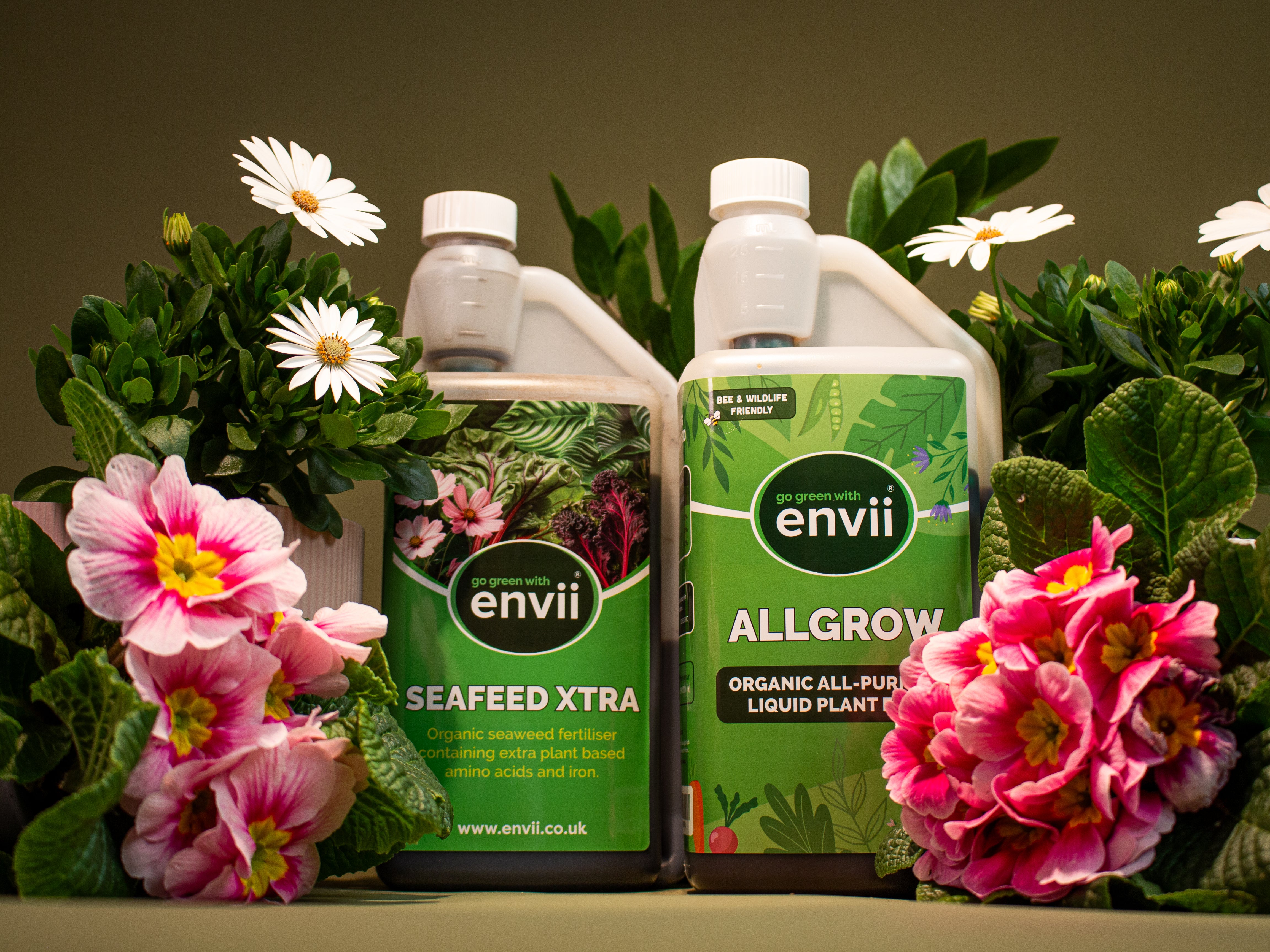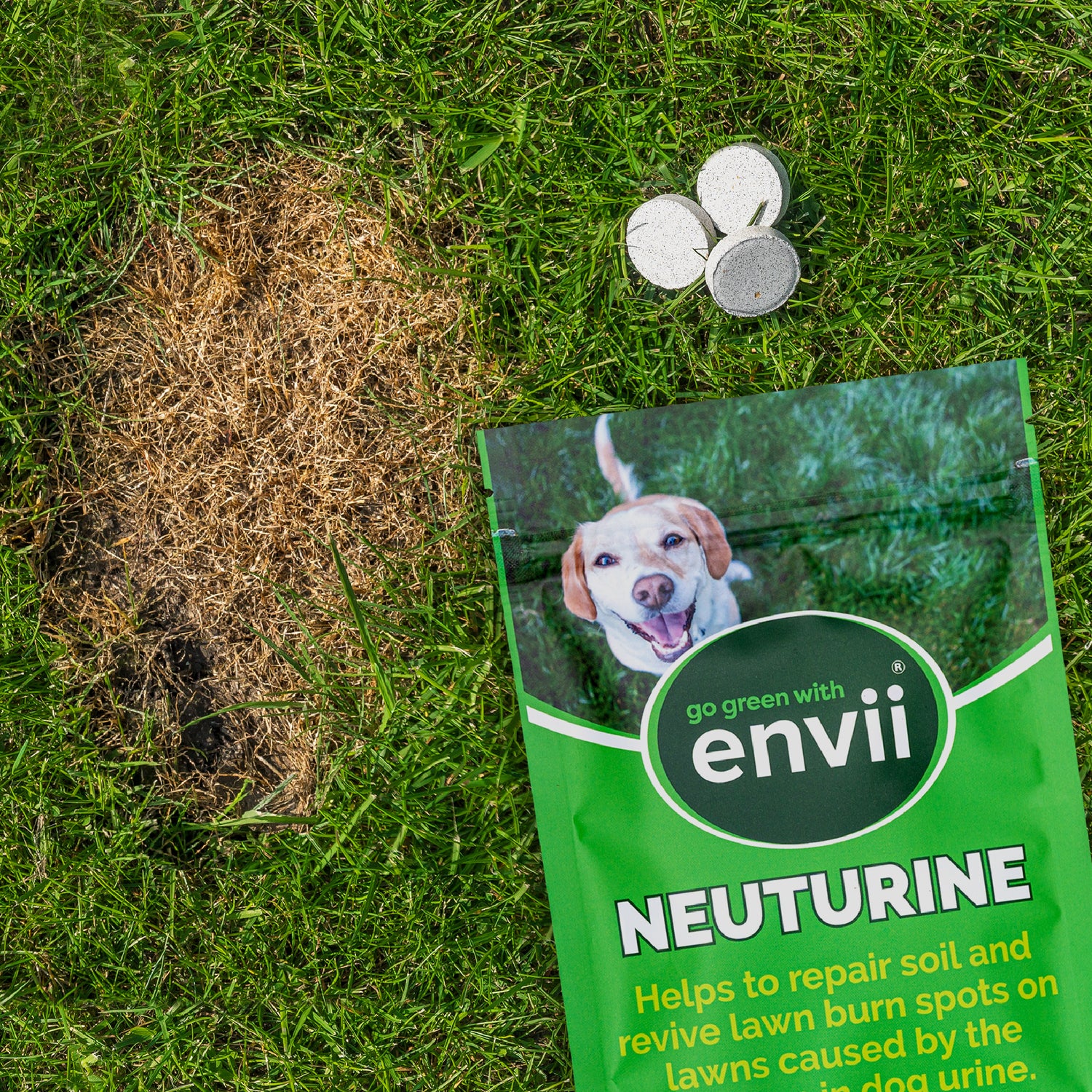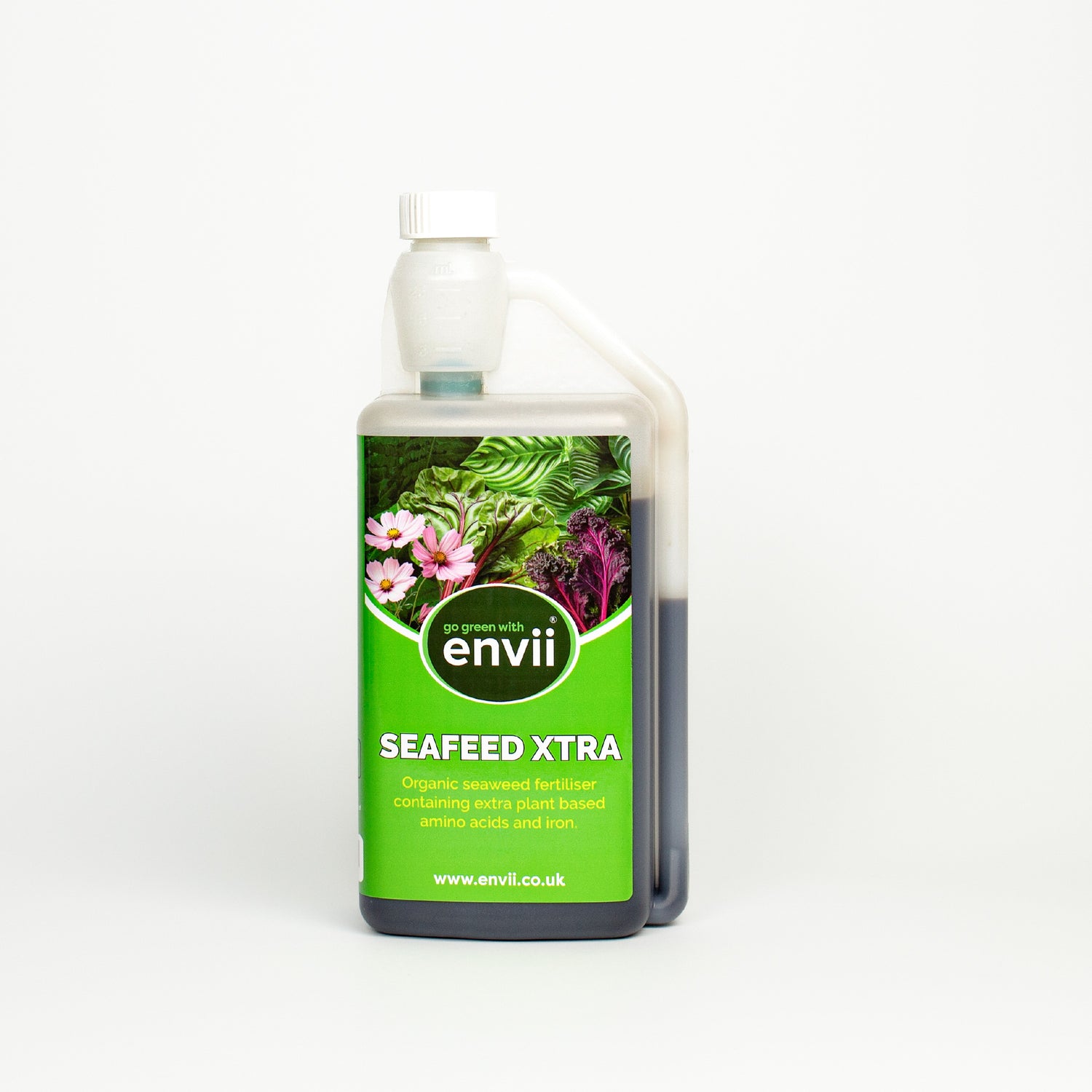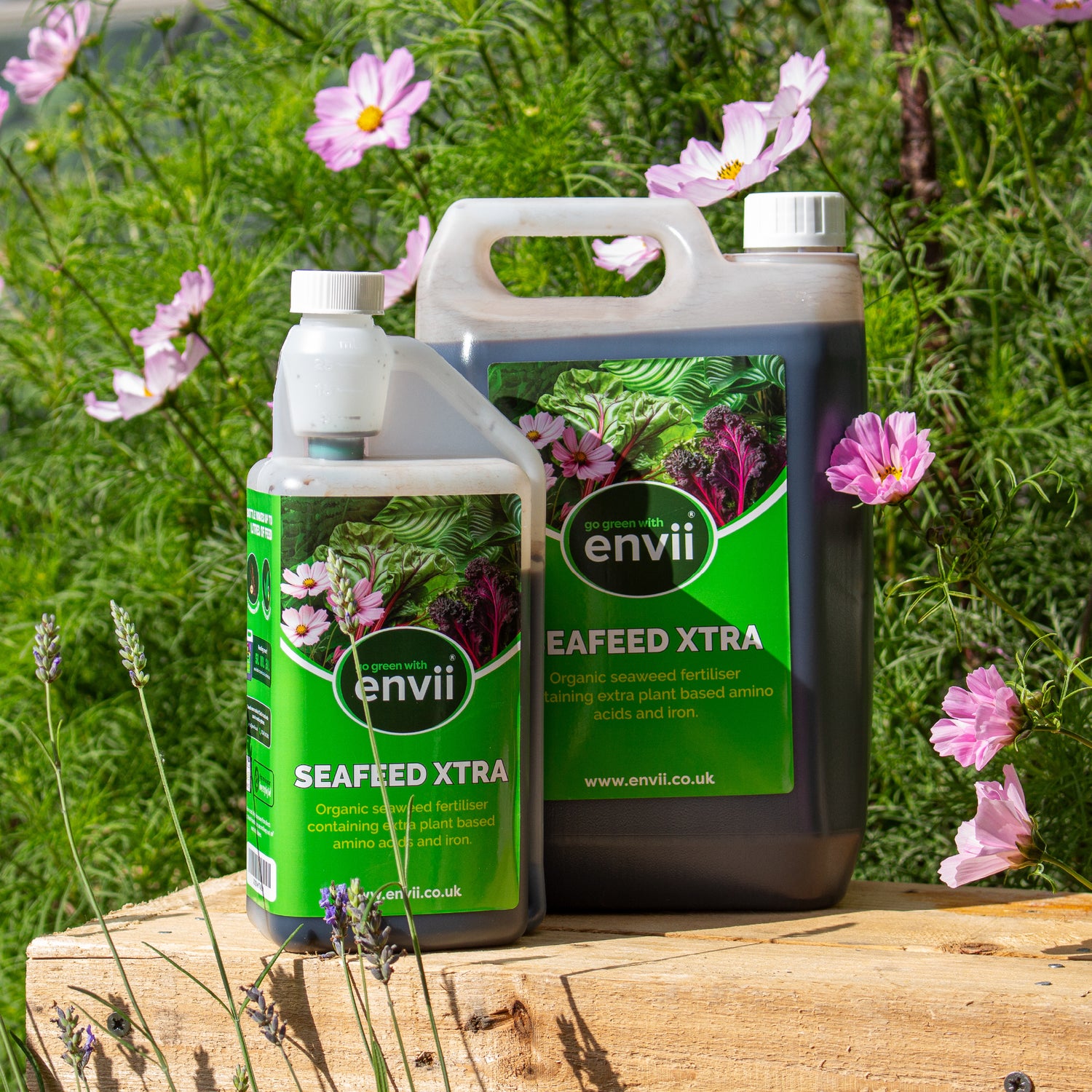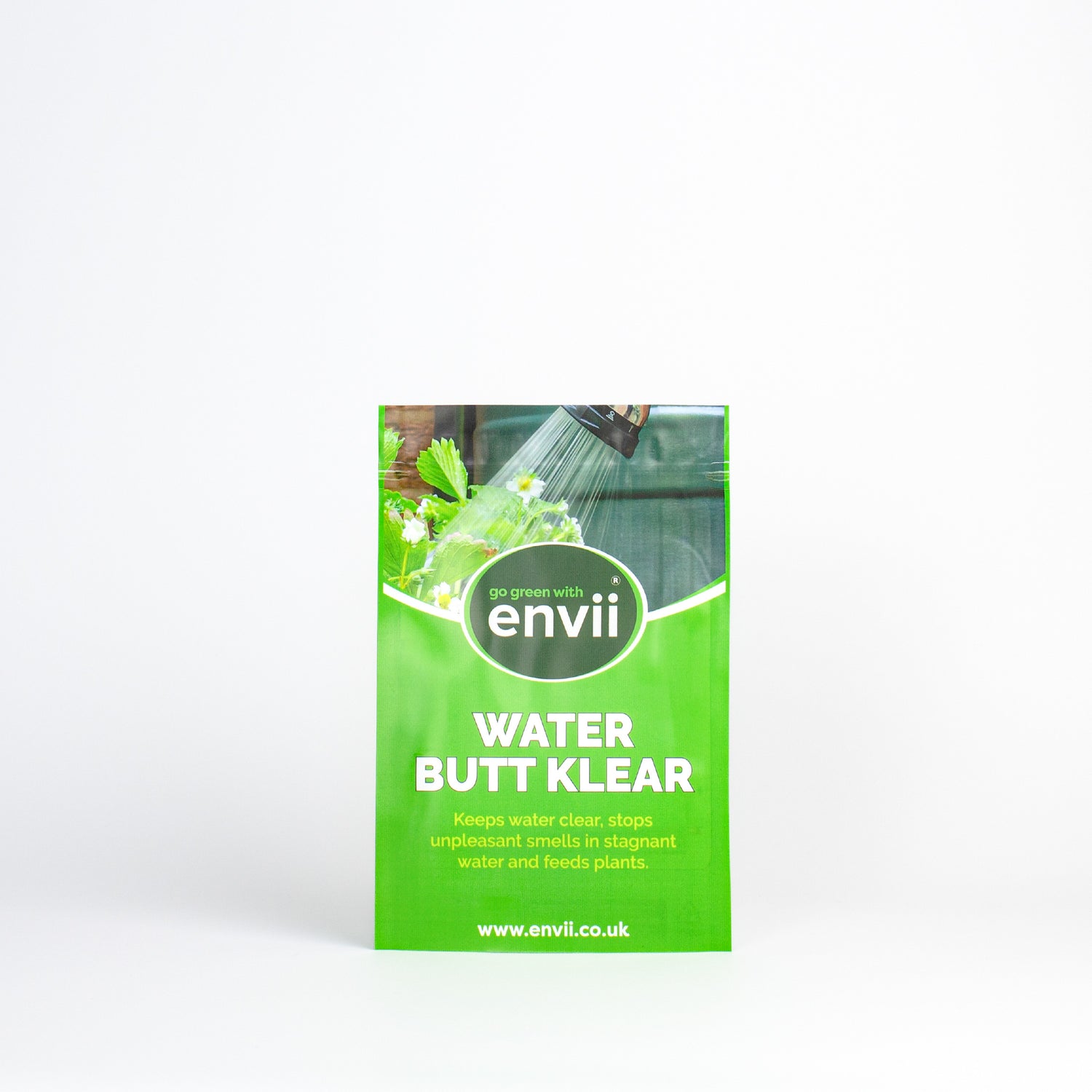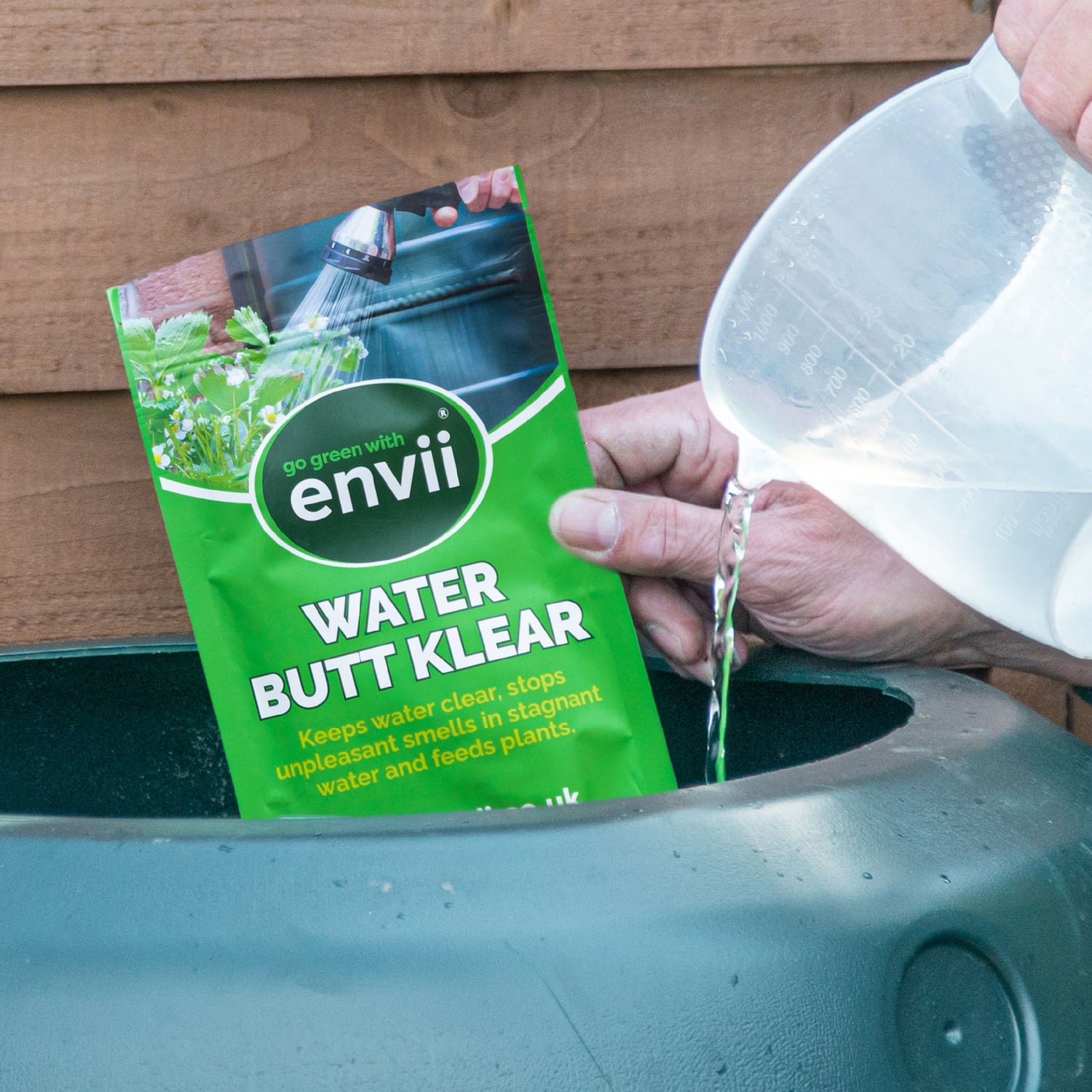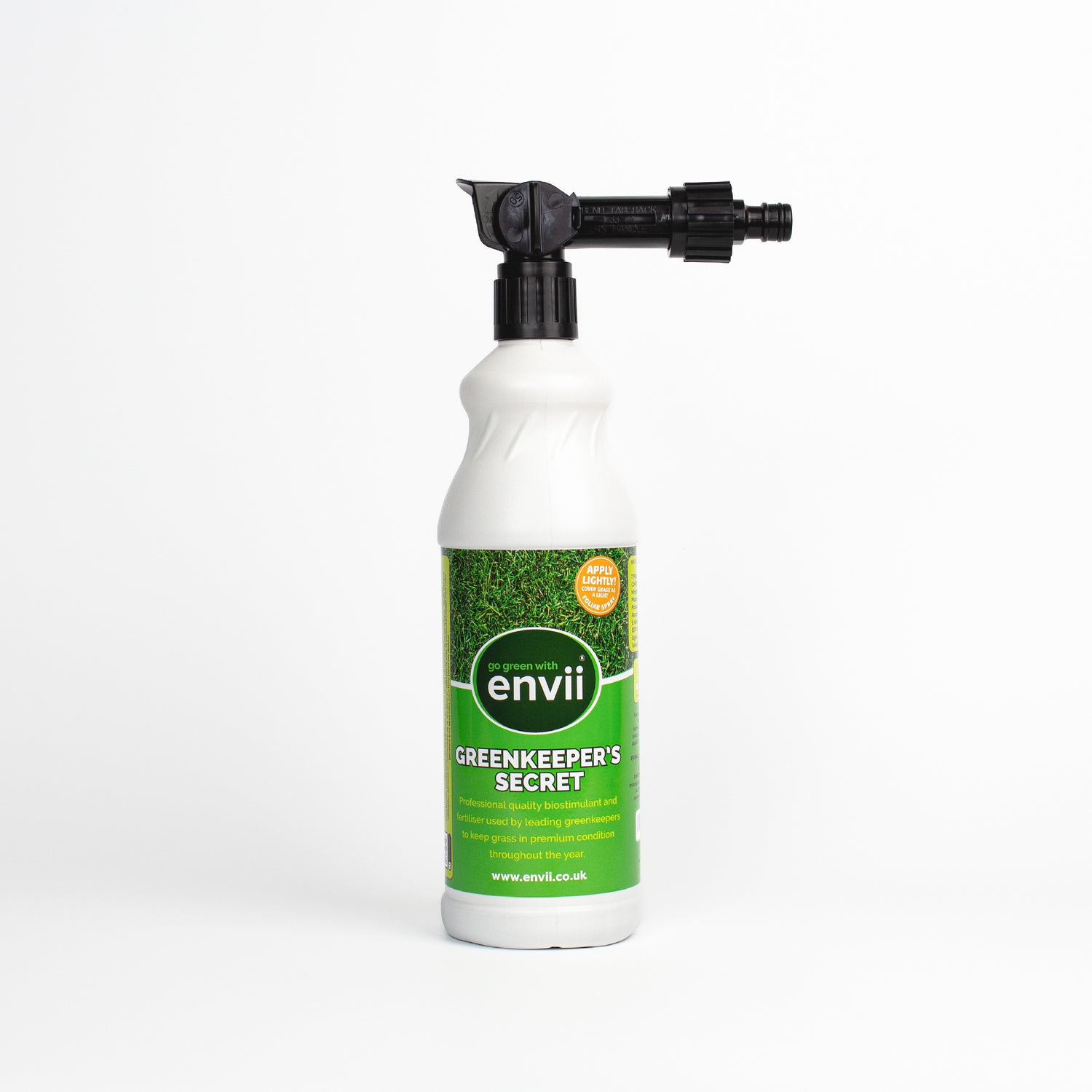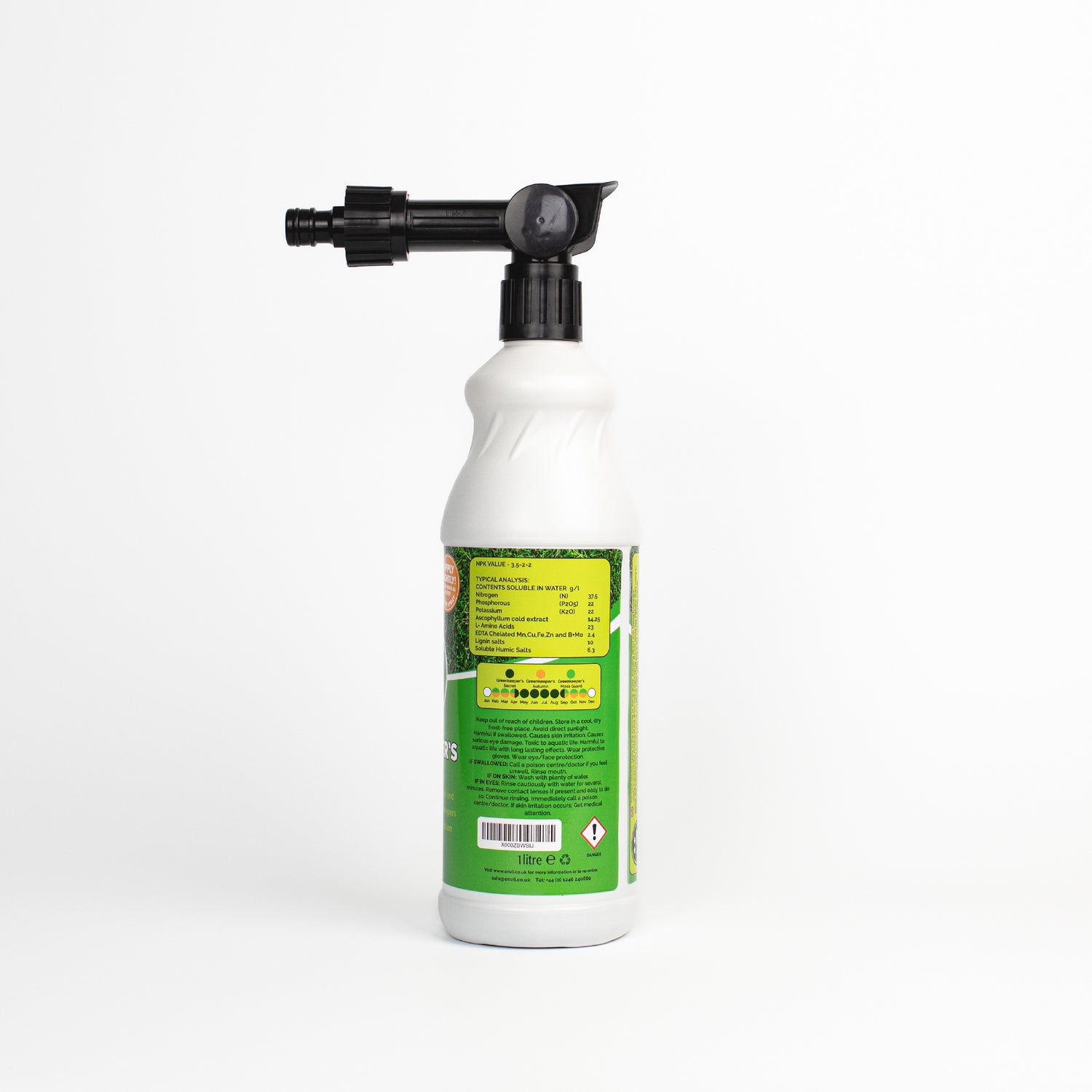As gardeners, we all want our plants to thrive, and produce gorgeous floral displays or delicious fruits and vegetables. However, did you know there’s more to growing than what you see on the surface? The key to healthy plants lies beneath the soil. Mycorrhiza or mycorrhizal fungi is a type of fungi that lives in a symbiotic relationship with plants, providing them with essential nutrients and aiding in their growth. In this blog post, we’ll take a closer look at mycorrhizal fungi and their benefits for your garden.
What is mycorrhizal fungi?
Bacteria and fungi make up the base of the soil biology pyramid or the soil food web. Without them, larger living organisms, including plants, would not be able to survive, without the need for excessive use of fertilisers. The most commonly known fungi with soil are mycorrhizal. They are familiar to most gardeners and have been on earth for millions of years. The word “mycorrhiza” (singular) comes from the Greek words “myco,” meaning fungus, and “rhiza,” meaning root. This translation of ‘fungus root’ simply depicts the relationship between the two as the fungi live on, or sometimes in the roots of plants.
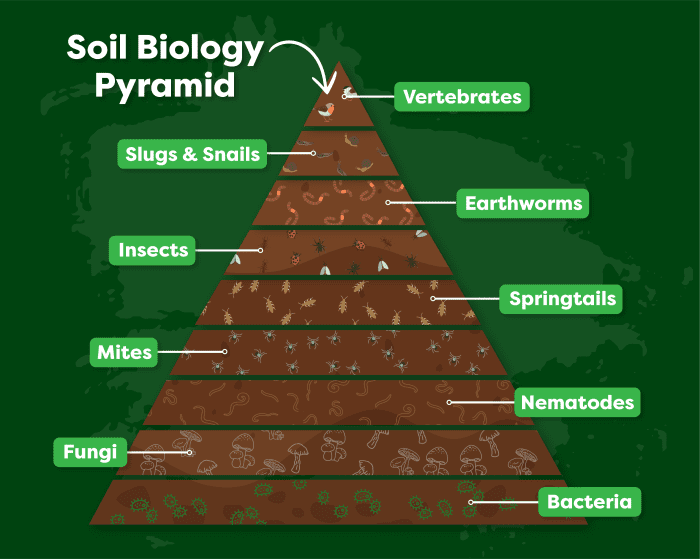
There are two main types of mycorrhizal fungi: endomycorrhizal fungi and ectomycorrhizal fungi. Endomycorrhizal fungi are the most common type and form a relationship with the roots of most plants, including vegetables, fruits, and flowers. Ectomycorrhizal fungi, on the other hand, form a relationship with the roots of trees and shrubs.
Mycorrhizal is the adjective used to describe the network of fungal filaments that mycorrhiza create with soil. These microscopic threads, called hyphae net together to form a web called mycelium. These nets can stretch for several hundreds of feet, far further than a plant’s roots, to collect water and nutrients, and even connect with other plants to share nutrients. Although Mycorrhiza is microscopic, they regularly produce visible fruiting bodies that we know as mushrooms.
Did you know: More than 90% of all plant life depends on mycorrhizal fungi?
The benefits of Mycorrhiza
Plants and mycorrhizae work in synergy to support each other, with plants gaining more benefits than the fungi. Neither would be able to fully thrive without the other. When plants photosynthesize, they produce excess sugars, which they pass along their roots to the Mycorrhizae. These sugars act as the food source for the mycorrhizae and keep them alive. In turn, the mycorrhizal network can collect nutrients and water from much deeper and wider in the soil for the plant to consume. They also create some resilience in the plants against diseases and toxins.
Mycorrhizal also increases nutrient intake. Using a vast network of hyphae (tiny-thread-like structures) that can extend much farther into the soil than a plant’s roots, the fungi increase the absorption of nutrients, such as phosphorus and nitrogen. By providing the plants with these essential nutrients, they can grow bigger and stronger.
How can you use Mycorrhiza in the garden?
Mycorrhizal fungi can be used in the garden to enable plants to thrive by encouraging a strong root system and increasing resilience against pathogens.
Although mycorrhizal fungi exist in soil naturally, the use of commercial, or chemical fertilizers in gardens over the last few decades has led to a reduction as they can kill fungi. To add mycorrhizal fungi back into the garden, use a product such as Root Well. Root Well is a unique blend of mycorrhizal fungi and beneficial bacteria that gives you results like no other. Furthermore, Root Well also unlocks existing nutrients bound up in soil and compost. To use, simply scatter the correct amount around the base of the plant and water in. The best time to do this is during the potting on stage to improve existing root development.
Mycorrhizal fungi is not as effective on ericaceous plants, however, as Root Well is blended with beneficial bacteria, results can still be seen.
In conclusion, mycorrhizal fungi is a fundamental part of a healthy garden. By forming a symbiotic relationship with plants, these fungi can enhance plant growth, improve water absorption and provide essential nutrients. Ensure that when using mycorrhizal fungi in the garden you avoid chemical fertilisers. With the help of mycorrhizal fungi, your plants will be healthier and more productive than ever before!
Share
